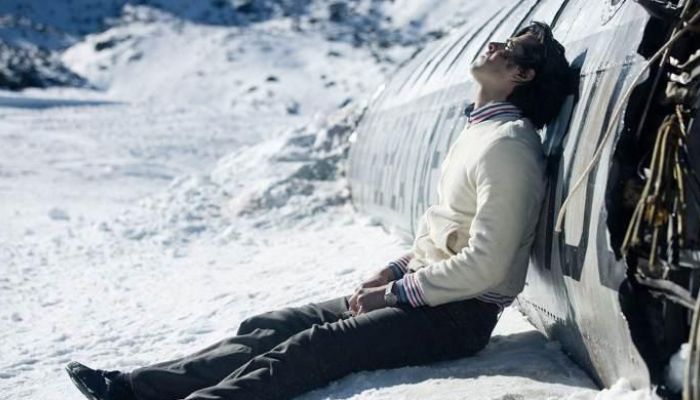The recently released film Society of the Snow, based on the real-life 1970s Andes plane accident, has stirred controversy after being dubbed a “cannibal movie” and a “gorefest” by a major journal.
Fans flocked to social media to voice their indignation and accuse the publication of sensationalising the unfortunate incident.
The 1972 Uruguayan Air Force Flight 571 crashed in the Andes mountains, killing 72 passengers and leaving only 16 survivors 72 days later. The survivors faced harsh cold, famine, and injuries, resorted to cannibalism for survival. While this aspect is clearly important to their story, supporters believe that focusing only on it is exploitative and demeaning to the survivors and their families.
“This isn’t just a ‘cannibal movie,’ it’s a human struggle for survival. Reducing it to sensationalized gore disrespects those who endured unimaginable hardship.”
“Calling it a ‘gorefest’ is insensitive and ignores the courage and resilience of the survivors. Shame on you for exploiting their tragedy.”
“IIs this all you can see in this story? This is about human spirit, not shock value. Do better.”
The filmmakers have not yet responded to the uproar, but many supporters believe that the finished film will provide a more nuanced and sensitive portrayal of the survivors’ experiences. They think it will transcend beyond cannibalism and explore topics such as human perseverance, friendship, and the will to live.
This incident demonstrates the fine line between presenting factual stories and sensationalizing them. While filmmakers have artistic flexibility to choose their subject, they must also consider the potential influence on survivors and the audience’s view of a sensitive incident.
Society of the Snow still has a long way to go before being released. Whether it receives critical acclaim or greater criticism remains to be seen.
